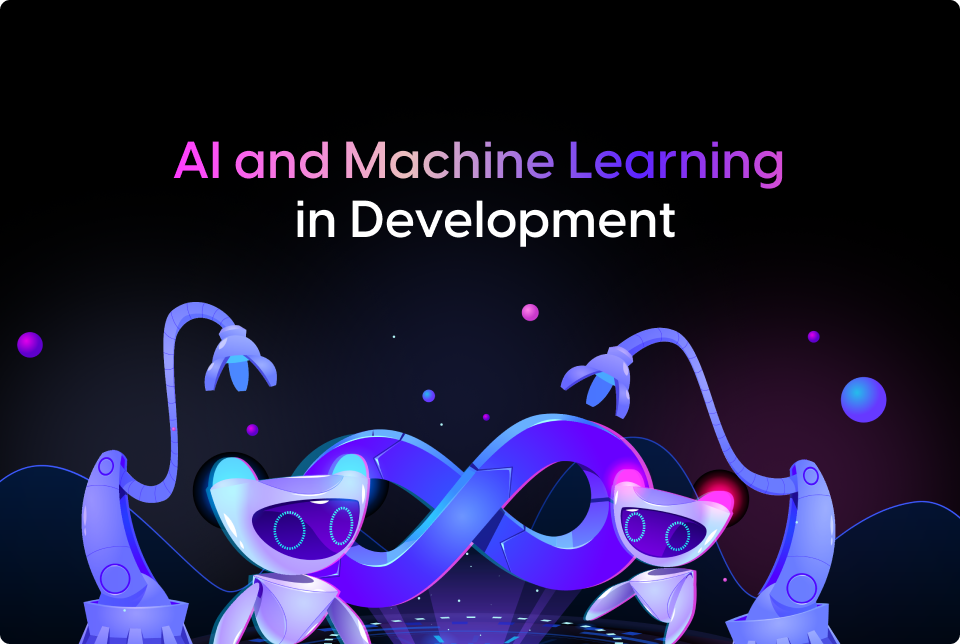
Ivan Traykov
26 Jan
4 mins read
- Copy link
Embracing AI and Machine Learning in Software Development

The integration of Artificial Intelligence (AI) and Machine Learning (ML) in software development marks a revolutionary shift in how developers approach problem-solving, process optimization, and functionality enhancement. These technologies are not just buzzwords but pivotal tools reshaping the landscape of software development. This article delves into how AI and ML are streamlining processes, augmenting decision-making, and improving efficiency across various development stages, including code generation, testing, and debugging.
Streamlining Code Generation
AI-driven code generation is transforming the way developers write code. Tools powered by AI algorithms can suggest code snippets, complete lines of code, or even entire functions based on the developer’s inputs and patterns. This reduces the manual coding workload, speeds up the development process, and minimizes human error.
Enhancing Testing and Quality Assurance
In testing and quality assurance, AI and ML are game-changers. They can predict where bugs are most likely to occur, automate test case generation, and optimize test coverage. This leads to more efficient and accurate detection of defects, ensuring higher quality and reliability of the final product.
Intelligent Debugging
Debugging is often a time-consuming task in the software development cycle. AI algorithms can rapidly analyze code to identify potential errors and suggest fixes, significantly reducing debugging time. Machine learning models can learn from past bugs and solutions, becoming increasingly effective in error detection and resolution over time.
Decision-Making and Predictive Analytics
AI and ML enhance decision-making in software development. By analyzing vast amounts of data, these technologies can provide insights and predictions on user behavior, system performance, and potential security threats. This information enables developers to make more informed decisions, prioritize features, and optimize the user experience.
Real-World Applications
In real-world scenarios, AI and ML are already making significant impacts. For instance, AI-powered development platforms assist in building complex, data-driven applications more efficiently. In cybersecurity, ML models are used to detect and respond to novel threats rapidly. AI is also instrumental in developing smart assistants, chatbots, and personalized user experiences.
The Future Implications
Looking ahead, the role of AI and ML in software development is poised to grow exponentially. These technologies will enable more sophisticated, autonomous, and self-improving software systems. We anticipate a future where AI-driven development assists in more complex decision-making, potentially revolutionizing areas like software architecture and system design.
Conclusion
The integration of AI and ML into software development heralds a new era of efficiency, innovation, and precision. By automating routine tasks, enhancing decision-making, and optimizing various development processes, AI and ML are not just assisting developers but redefining the possibilities of what can be achieved in software development. As we continue to explore these technologies, we unlock new potentials, paving the way for smarter, more efficient, and more responsive software solutions.